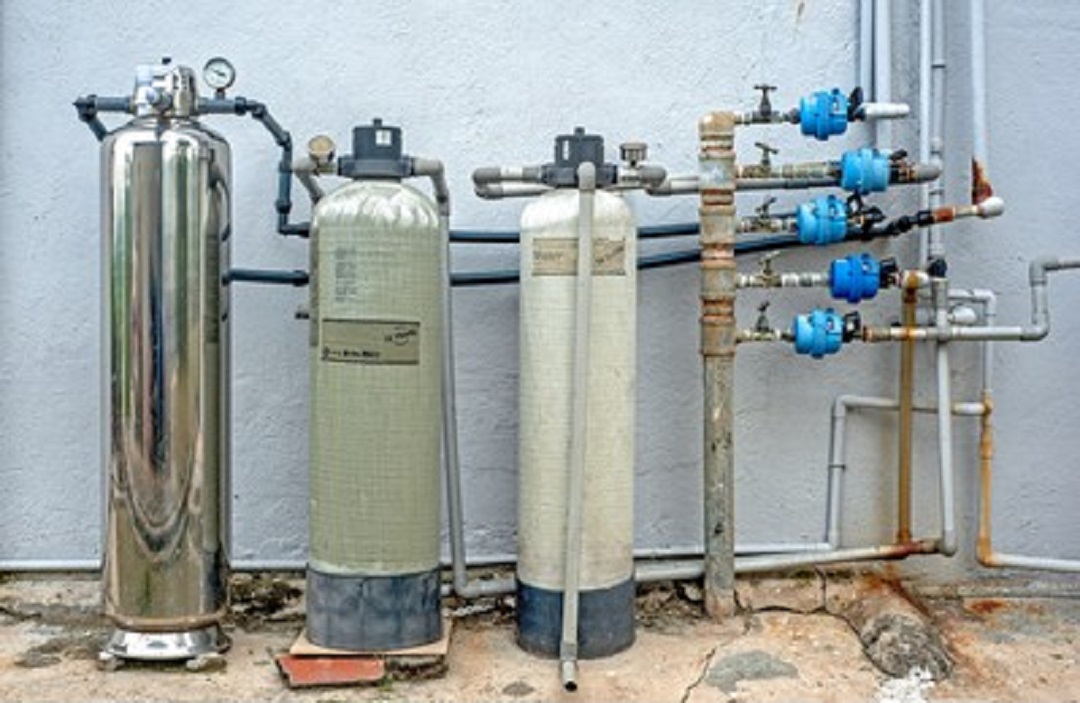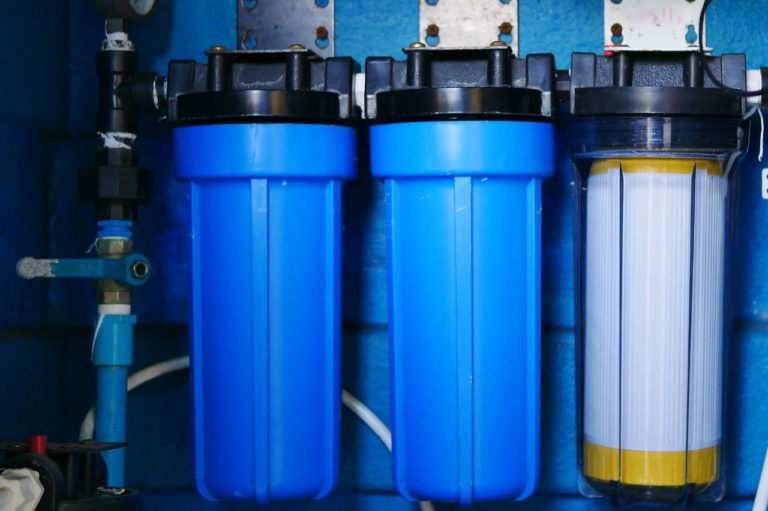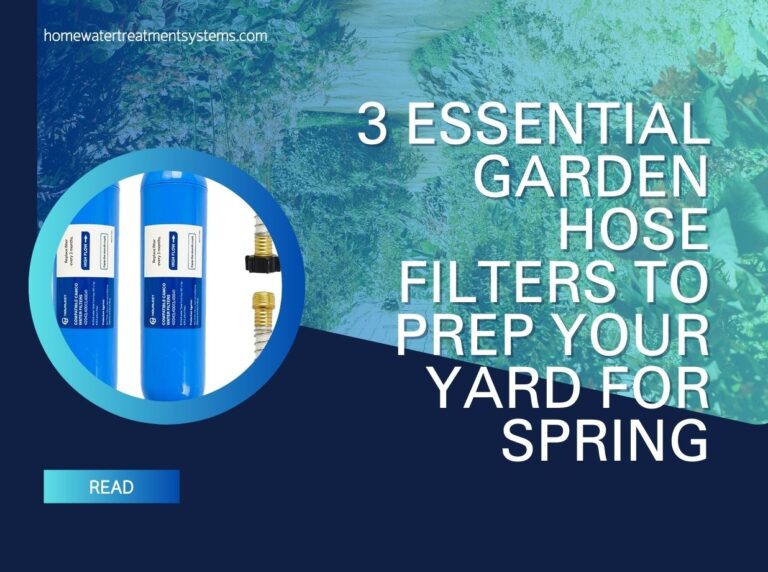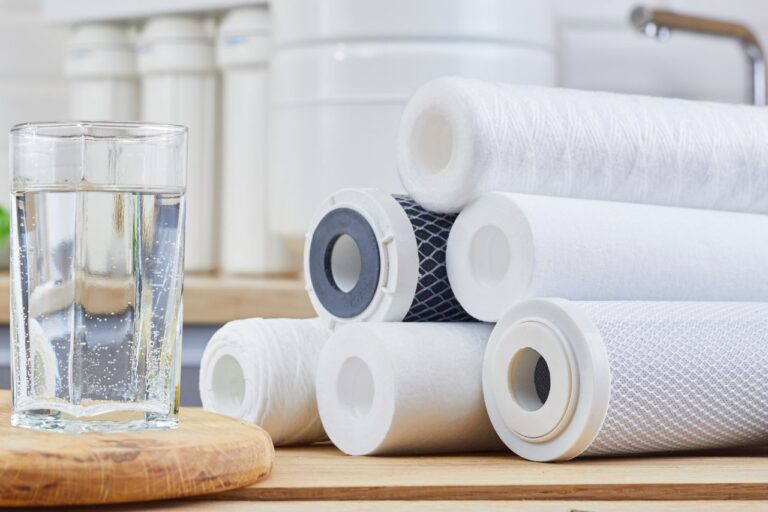How Does Whole House Water System Work?
How does whole house water system work? Did you ever wonder how the water gets from the source, such as a river, into your home? It’s actually quite an intricate process that involves several steps to ensure safe and clean drinking water. In this guide we will help break down the system so you can have a better understanding of how it works.
Understand the Components of Water Delivery Systems
Water delivery systems are composed of several crucial components. These include the water main, booster pumps, pressure tanks, holding tanks, and filtration systems. It is also important to understand how these components work together for optimal water pressure in your home. The water main connects to a local reservoir, or source of water, and sends pressurized water into the house through pipes.
Booster pumps provide additional pressure when necessary to ensure the desired level of pressure in the home. Pressure tanks store the water, so it is ready when needed while holding tanks store excess water from other sources like rainwater or melted snow.
Finally, filtration systems remove any harmful contaminants from the water before it is used for drinking or other household needs such as showering or laundry.
Learn About Water Pressure and Flow Rates
Water pressure and flow rates are essential components of a home water system. Pressure is determined by the size of the pipes and pumps in the system, while flow rate is determined by the amount of available pressurized water.
It’s important to understand that both pressure and flow rate are directly related, meaning the more pressure there is, the greater the flow. If water doesn’t seem to be flowing quickly enough in your home, it could indicate that there isn’t enough pressure in your system.
You can test this by using a simple pressure gauge and slowly increasing or decreasing the system’s pressure until you find a level of comfort for you household needs.
Discover What Types of Valves Are Used in a Home Water System
Valves are used to control the flow of water in a home water system. There are several types of valves available, including ball valves, gate valves, and pressure-reducing valves. Ball valves use a rotating ball to either open or close the flow of water. Gate valves operate by “gating” the flow of water – whereby raising or lowering a gate-like structure controls the flow rate.
Pressure-reducing valves are designed to consume excess pressure from an over pressurized system and ensure that water does not enter the system at an unsafe level. Each type has its own advantages and disadvantages, so it is important to understand their specific features before making a selection for your home system.
Find Out How Filters Can Help You Keep Water Safe and Clean
Filters are an integral part of any home water system. They operate by filtering out large particles and contaminants from the water, ensuring it is safe for consumption and use. There are various types of filters used in domestic water systems, ranging from simple sediment filters to more sophisticated activated carbon filters that remove chemicals and other impurities.
It is important to determine what type of filter is needed depending on your local water supply, as some materials may require more intensive filtration than others. Depending on the type of filter used, maintenance may be required to ensure its effectiveness over time.
Install a Home Water System with Professional Assistance
Installing a home water system of any kind is an important undertaking that requires professional help and advice. Before settling on a particular system, it is best to consult a qualified plumber or engineer who can guide you step by step throughout the process.
They can advise on the most suitable water filters for your circumstances, as well as some tips and tricks for installation, maintenance, and troubleshooting. Investing in professional assistance when setting up your home water system will not only help ensure safety but will also give you peace of mind that your investment is in good hands.







